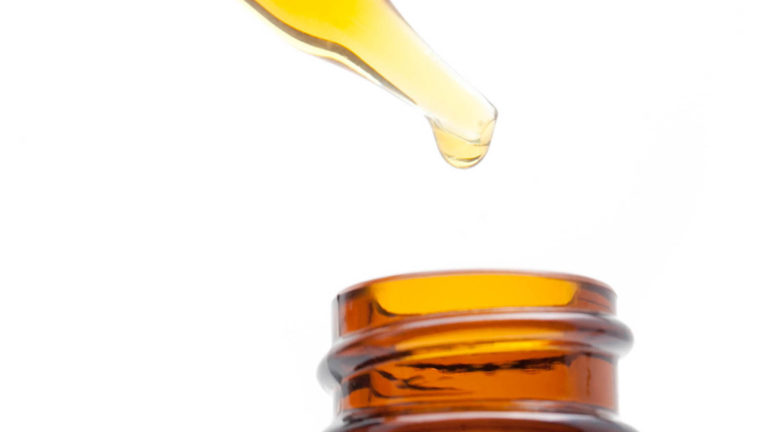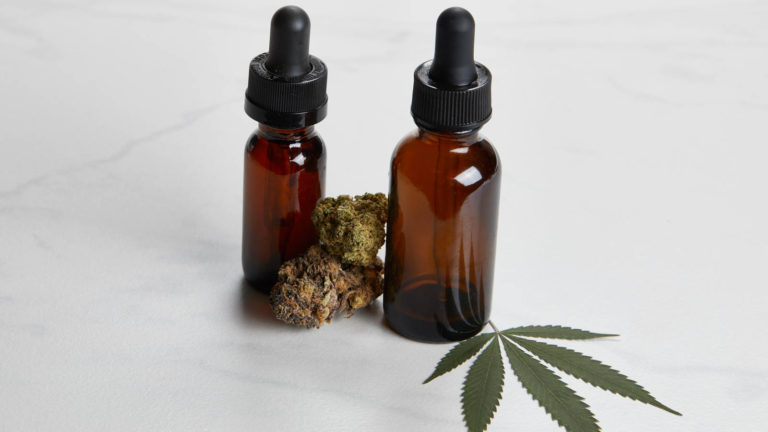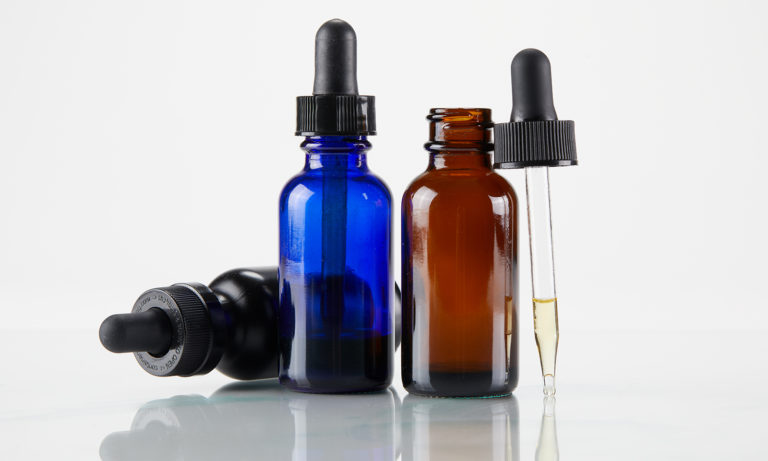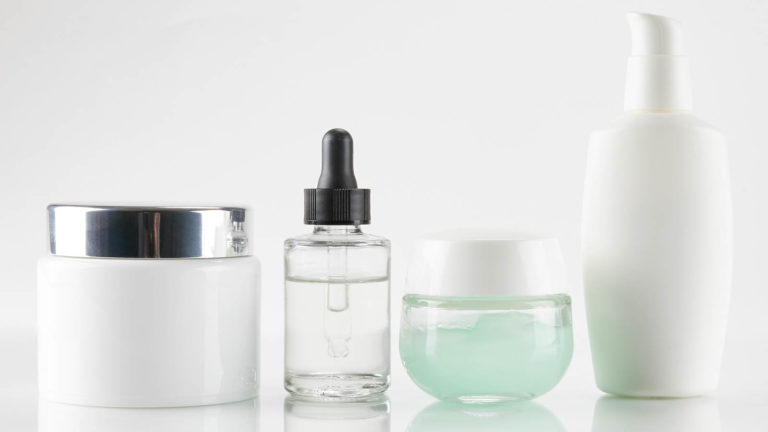The short answer is yes. Cannabidiol oil that is derived from hemp, and that contains less than 0.3% tetrahydrocannabinol (THC) is legal for use in oils, tinctures, topicals, and even infused into certain kinds of edible products, as well. Since the passage of the Hemp Farming Act of 2018, all hemp products and products derived from hemp were legalized for sale, use, and possession at a federal level. The US Department of Agriculture are in charge of maintaining rules and regulations regarding the safety and quality standards, although the US Food and Drug Administration still maintain power over the marketing and regulation of CBD labeling, therapeutic claims, and additive to food products.
What is CBD?
Cannabidiol (CBD) is a non-intoxicating cannabinoid found in both cannabis and hemp plants. After tetrahydrocannabinol (THC), it is the most abundant compound found in cannabis plants, although CBD derived from hemp usually only contains trace amounts of THC, less than 0.3% by legal definition. CBD is known to have many potential therapeutic benefits, including anti-inflammatory, analgesic, anti-anxiety, and seizure-suppressing properties.
 Photo by: Gina Coleman/Weedmaps
Photo by: Gina Coleman/WeedmapsImage lightbox

CBD is the yang to THC's yin; it halts anxiety and elevates your level of chill without intoxication.
Combine THC and CBD to fully employ the entourage effect; THC and CBD work hand-in-hand to amplify each others' effects.
What does CBD stand for? Cannabidiol.
Why is CBD sometimes illegal?
Although CBD derived from hemp contains little to no THC and therefore, has no intoxicating effects, under the 1970 Federal Controlled Substances Act, all types of cannabis, including hemp, were considered to be illegal. That piece of legislation considered all types of the cannabis sativa plant, including both cannabis and hemp, to be illegal as a Schedule I controlled substance, which defined cannabis as a substance with a high potential for abuse, with no medicinal benefits, and a likelihood for addiction.
The Hemp Farming Act of 2018 legalized the cultivation of hemp, and altered the definition of hemp to create a separate, legal pathway for hemp to be removed from the Schedule I category and differentiate from cannabis in the legal definition. Hemp is cannabis that contains less than .3% THC by weight and marijuana is cannabis that contains more than .3% THC. Hemp-derived CBD was declassified from the Controlled Substances Act by the Hemp Farming Act of 2018, but CBD derived from the marijuana plant is still considered illegal at a federal level and is categorized as a Schedule I controlled substance. A helpful explainer is available on the Brookings Institute website.
The Hemp Farming Act of 2018 also preserved the rights of the Food and Drug Administration to maintain authority over the regulation of CBD labeling, therapeutic claims, and the use of CBD as a food additive. The FDA has since taken a firm stance against allowing hemp CBD to be added to food or beverage products, while also maintaining that CBD may not be advertised as a dietary supplement. The FDA is currently in the process of re-evaluating the regulations on hemp-derived CBD products, but has yet to lay out specific regulations, leading to much confusion in the market. In July of 2019, the FDA issued a warning letter to a hemp CBD company, Curaleaf, outlining the various ways the company was in violation of these regulations.
Thus, even hemp-derived CBD remains heavily regulated by the federal government. The Hemp Farming Act of 2018 also allows each state to make their own rules and regulations regarding the sale and distribution of hemp-derived CBD products, and state jurisdictions retain the right to restrict or prohibit the cultivation and commerce of hemp products. In addition, states may attempt to regulate food, beverages, dietary supplements, and cosmetic products containing hemp CBD, regardless of the final rules laid out by the FDA.
Tennessee CBD laws
All Tennessee hemp is required to meet the state standard of containing .3% or less of THC.
All purchases of hemp-derived CBD products must have a lab report or verification that the product they are purchasing contains less than .3% of THC. Hemp flower products must be sold in a sealed container.
 Photo by: Gina Coleman/Weedmaps
Photo by: Gina Coleman/WeedmapsImage lightbox

In 2016, Senate Bill 2125 was signed into law. This bill amended the marijuana laws in Tennessee to exclude any cannabis oil, including cannabis flower and seeds, containing less than .6% of THC from the legal definition of marijuana.
Later in 2016, House Bill 1044 was signed into law, allowing cannabis with .9% of THC or lower to be manufactured, processed, dispensed, and possessed by patients referred to by a four-year public institution within the state as part of a clinical research study on antiseizure, anticancer, or other immunomodulatory properties of the plant. This bill is the closest Tennessee has to a legal medical marijuana system, and may be used as an affirmative defense in the event that a patient is arrested with cannabis containing .9% THC or less.
Tennessee licensing requirements
Tennessee's Department of Agriculture has laid out rules for hemp cultivators in light of the Hemp Farming Act, creating a system of licensing for hemp farmers, producers, and transporters. As of late 2019, there were more than 3,400 licensed hemp growers in Tennessee, ;]'[and the Tennessee Department of Agriculture is still accepting applications to become a licensed hemp grower. In order to transport hemp plants or products, a permit is required to be submitted by licensed growers at least three days in advance of making any movement.
There are six pesticides that have been approved for use on hemp by the U.S. Environmental Protection Agency in Tennessee:
- EPA Registration Number: 84059-3. Active ingredient: Extract of Reynoutria sachalinensis. Product type: Fungicide and Fungistat.
- EPA Registration Number: 84059-28. Active ingredient: Bacillus amyloliquefaciens strain F727. Product type: Fungicide.
- EPA Registration Number: 91865-1. Active ingredients: Soybean Oil, Garlic Oil, and Capsicum Oleoresin Extract. Product type: Insecticide and Repellent.
- EPA Registration Number: 91865-3. Active ingredient: Bacillus amyloliquefaciens strain D747. Product type: Fungicide and Bactericide.
- EPA Registration Number: 91865-4. Active ingredient: Azadirachtin. Product type: Insect Growth Regulator and Repellent.
- EPA Registration Number: 91865-2. Active ingredient: Potassium Salts of Fatty Acids. Product type: Insecticide, Fungicide, and Miticide.
Tennessee CBD possession limits
CBD products containing less than .6% THC are legal for possession, and patients enrolled in a clinical study by a four-year college or university may possess CBD oil containing up to .9% THC, but there are no legal avenues to purchase any medical cannabis products, so certain products containing this amount of THC must be procured in another state. Possession of CBD oil without evidence that it was procured in another state is considered a Class C misdemeanor offense, punishable by a fine of up to $50, up to 30 days in jail, or both.
 Photo by: Gina Coleman/Weedmaps
Photo by: Gina Coleman/WeedmapsImage lightbox

The possession of marijuana containing a higher amount of THC is considered illegal. However, both Nashville and Memphis have succeeded in decriminalizing the possession of small amounts of marijuana, treating it like a traffic ticket with a fine of $50, which may be waived by the court if the individual completes community service.
The possession of half an ounce of marijuana or less elsewhere in the state of Tennessee is considered a misdemeanor, with a fine of up to $250, and up to one year in jail. The possession of more than half an ounce of marijuana is still considered a misdemeanor offense, but the fine increases to $500, with up to one year in jail.
Where can I buy CBD in Tennessee?
Unfortunately, medical CBD patients seeking products with a higher THC percentage will have to travel to other states to find these products.
 Photo by: Gina Coleman/Weedmaps
Photo by: Gina Coleman/WeedmapsImage lightbox

However, for those seeking hemp-derived CBD products containing less than .3% THC, there are plenty of options inside the state of Tennessee. In some larger cities such as Memphis and Nashville, there are shops that sell CBD products, including oils, tinctures, infused products, and topicals. Ordering CBD products online is always an option, as well, as there are many CBD companies that offer online ordering and shipping. However, it is important to do research to find a reputable company that sells high-quality products that have been tested for pesticides and potency, and that offer a lab report for all of the products available.
How can I read CBD labels and packaging?
When purchasing hemp CBD products, one of the most important first steps to determine if this is a reputable source for high quality CBD is to examine the lab report and certificate of analysis, which is usually available on the label and packaging of the product. Most reputable hemp CBD companies will include the following information on the label:
- Amount of active CBD per serving
- Supplement Fact panel, including other ingredients
- Net weight
- Manufacturer or distributor name
- Suggested use
- Whether the product is full-spectrum, broad-spectrum, or isolate
- Batch number or date code

